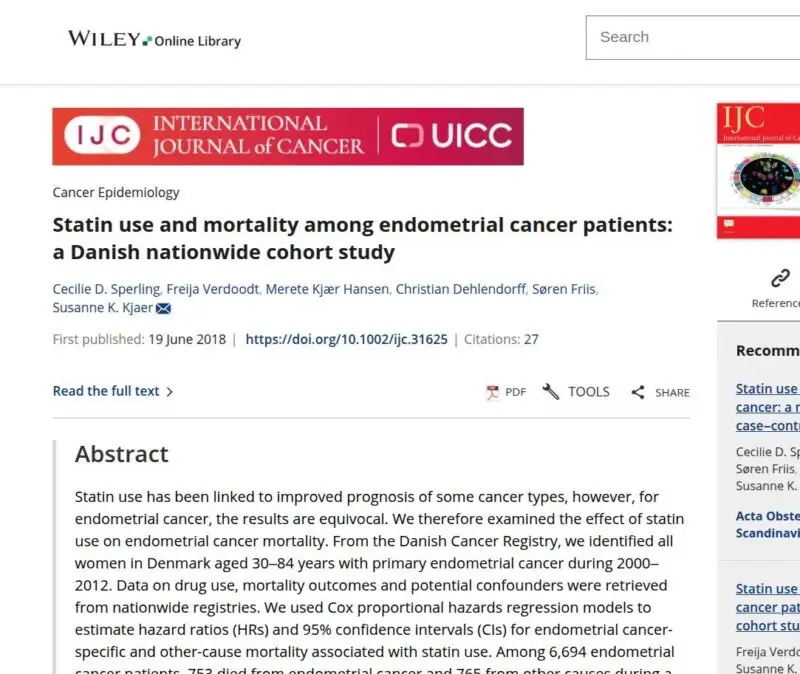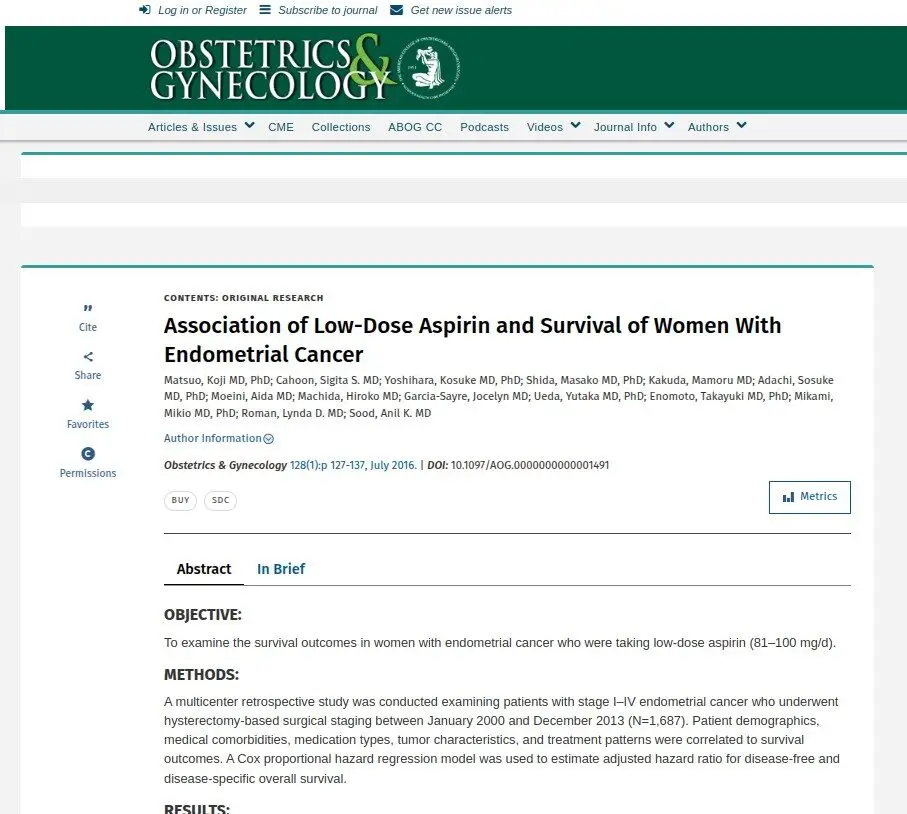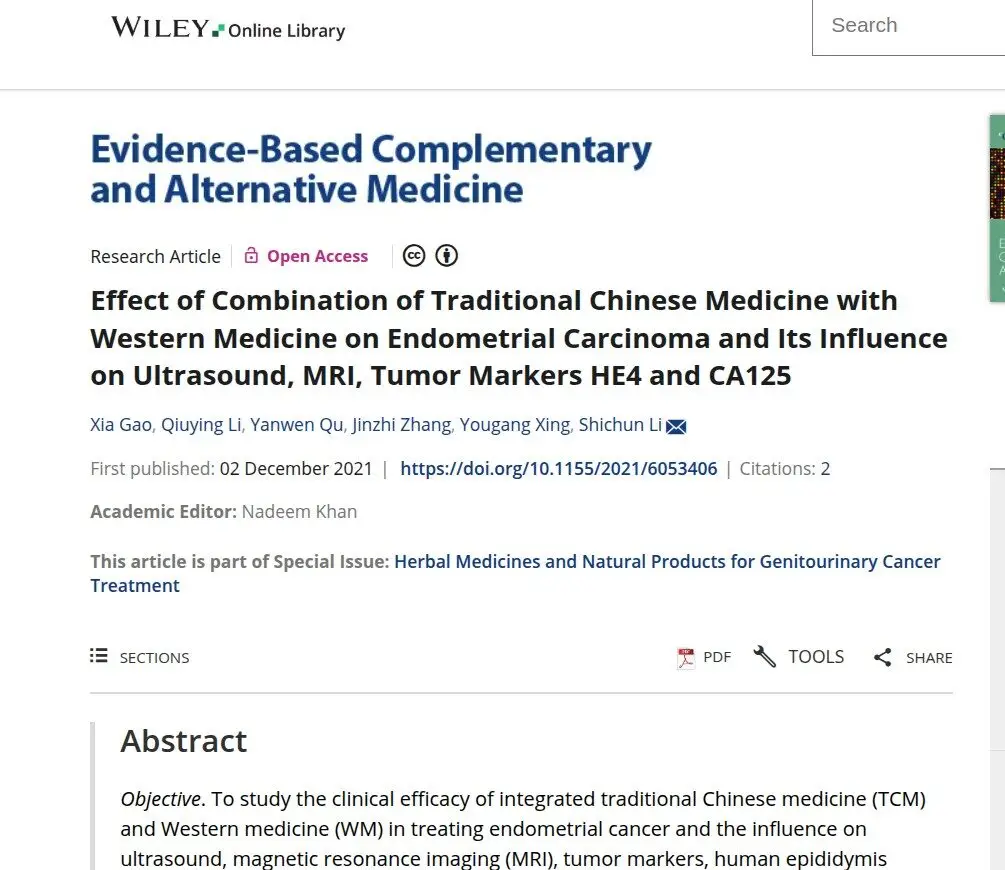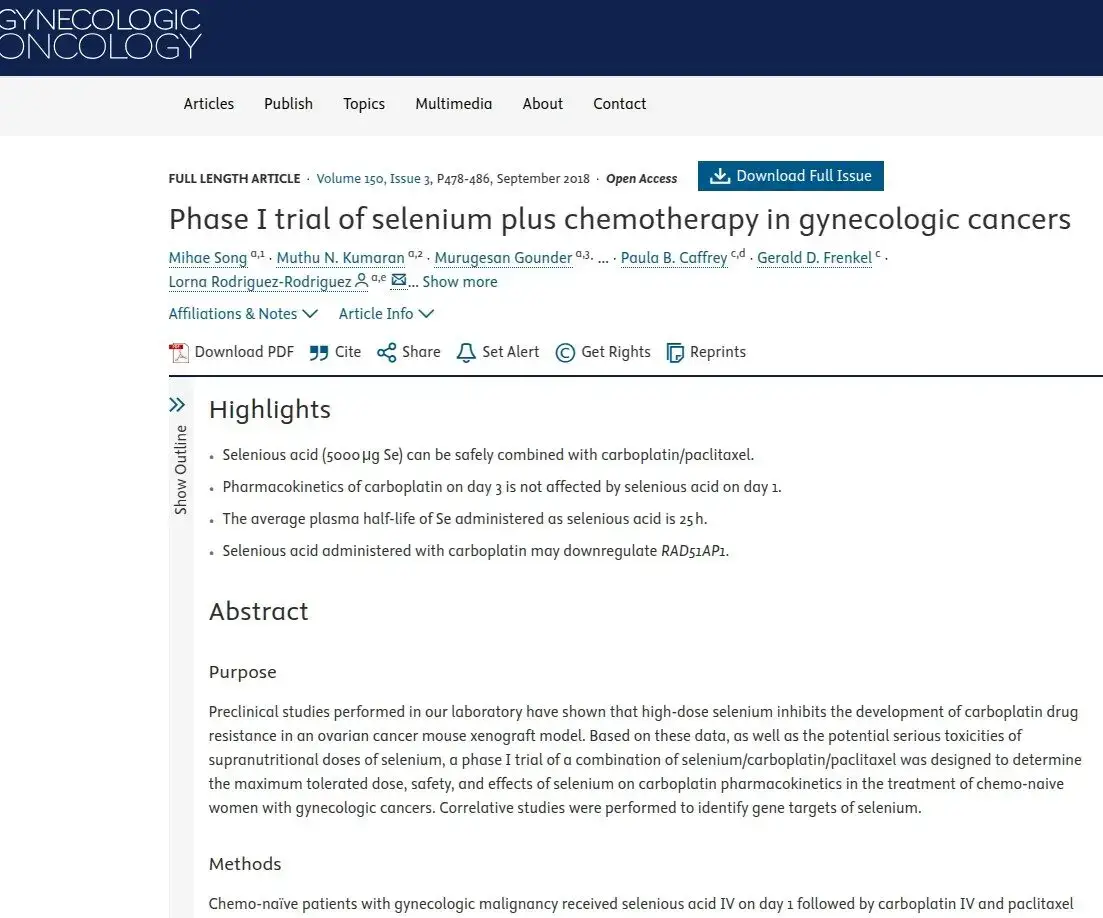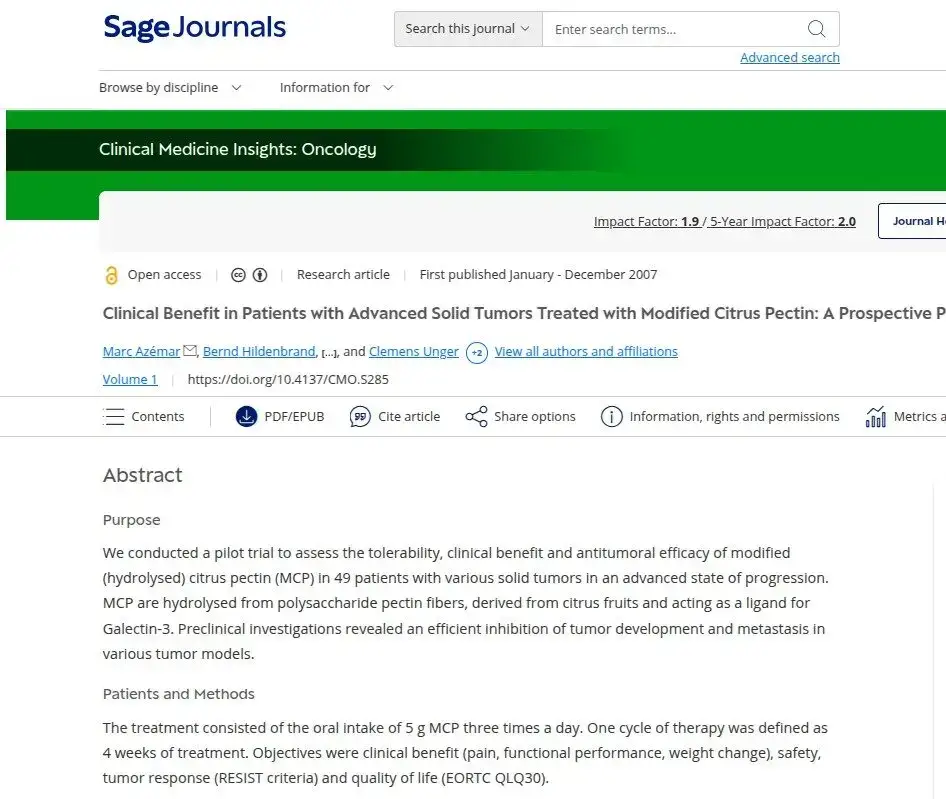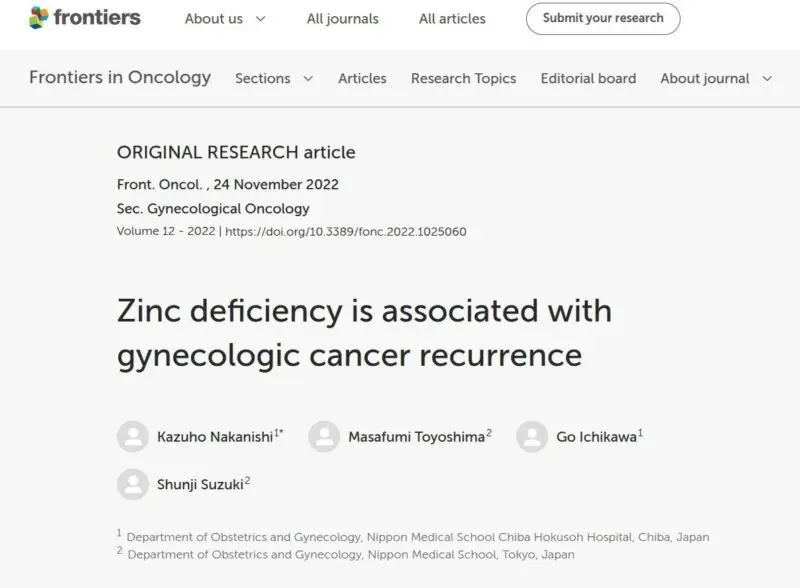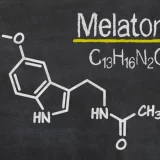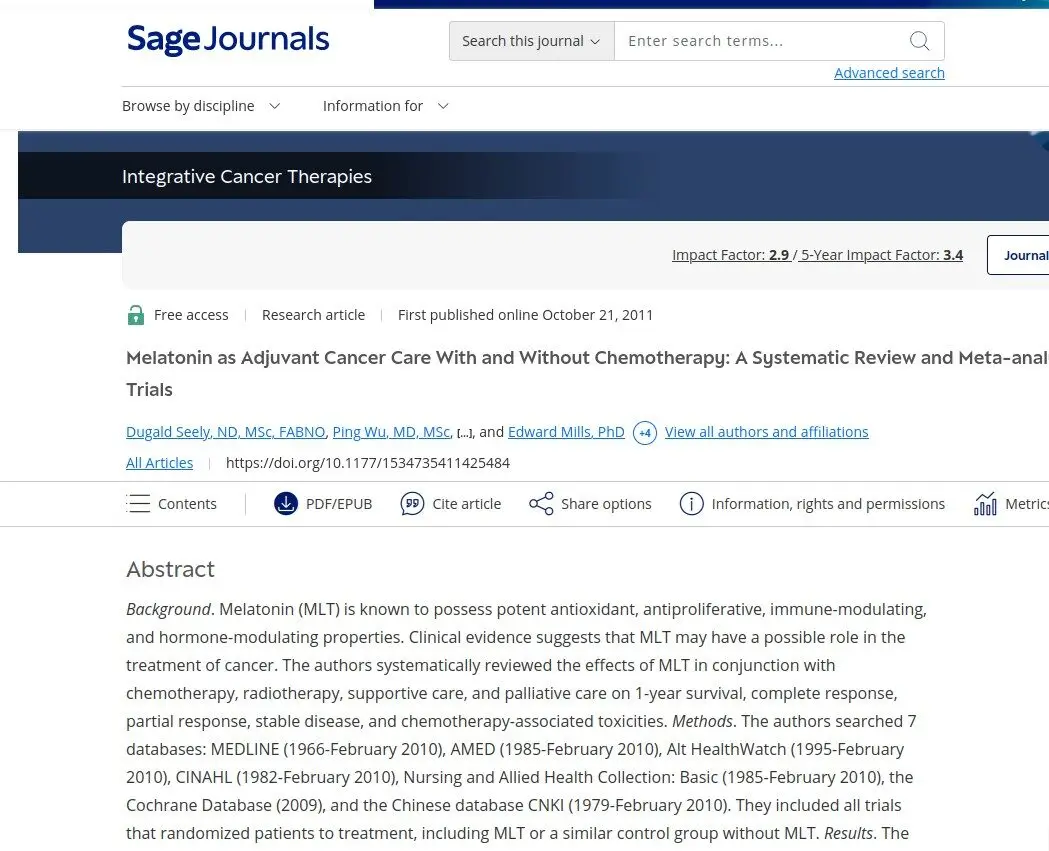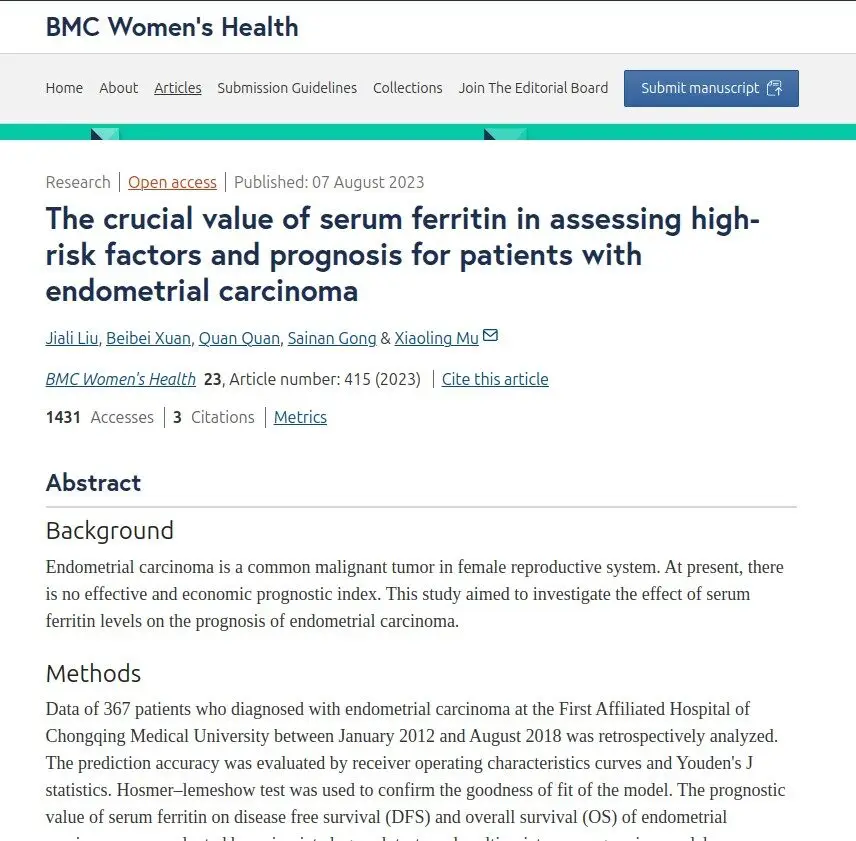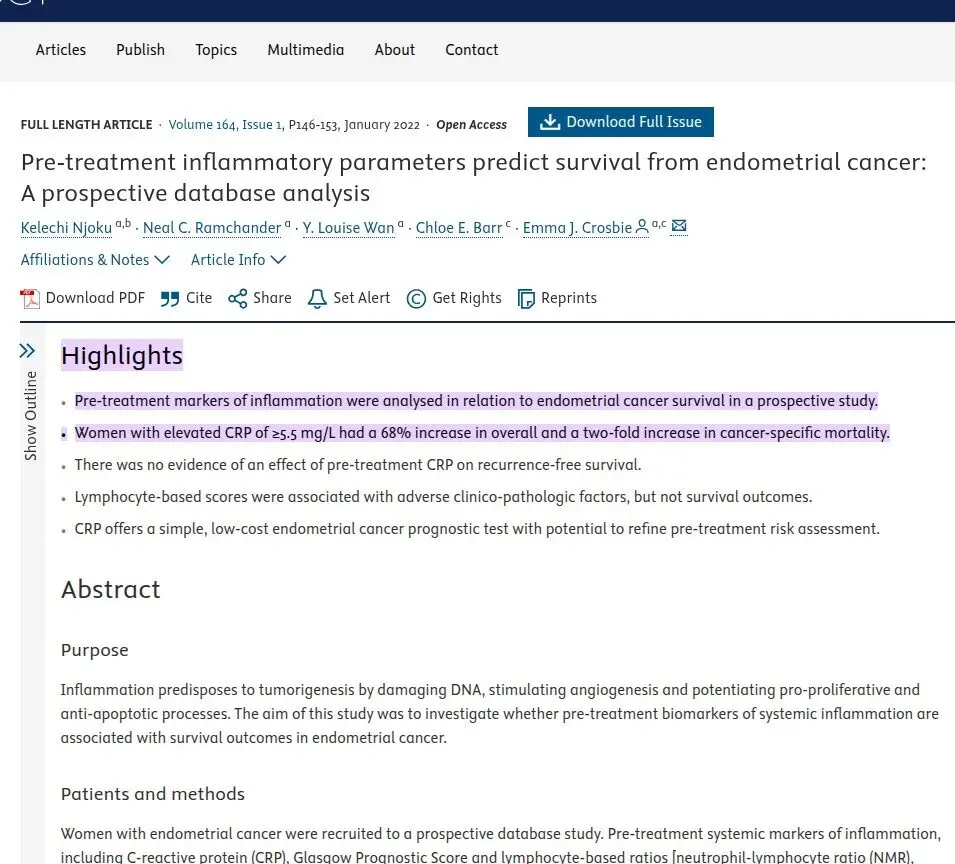Increased cholesterol activity is one common finding in how many cancers can grow and progress. Comparing statin users to non users has led to reports of major benefits in endometrial cancer progression, particularly in post diagnosis users who have taken them for the long term. Atorvastatin tends to be the most researched prescription statin, and where this is lacking the widely available natural supplement form of lovastatin is red yeast rice. In other cancers it has been found that statin “responders” who see a drop in LDL get the largest risk reductions.
Evidence for low dose aspirin use, also from comparing patient records, shows that some patients see strong risk reductions. Aspirin can amplify the actions of statins, and the latter are also reported have significant postive effects for post-diagnostic use. There are several oncology drug classes often increasing lipid levels.
During a recurrence phase, studies have reported a large drop in zinc levels. The mechanisms behind this include cancer switching immune system activity to allow its growth. So far there are no clinical trials to show effects of supplementation. Healthy pre-diagnostic zinc-selenium levels are strongly linked with better outcomes in several cancers, and now high dose selenium within oncology has shown some striking results, including a pilot trial in gynecologic cancers where a fifth of patients showed sustained progression free responses with chemotherapy.
Immune response is often depressed by a specific protein associated with inflammatory response, galectin-3, which research shows is increased in its activity by endometrial cancers. This recent finding links with reports that responders to citrus pectin therapy, about a quarter to half of patients have stablized progression even in late stages. Melatonin levels are, in contrast, frequently very depressed in a variety of cancer patients at diagnosis. Here again, even in very late stages, some patients respond to moderate or high dose melatonin with stable disease and improved quality of life.
Endometrial cancers often cause dysregulated iron metabolism, and the enzyme like protein ferritin levels rise during progression. Iron is then stored by tumors to fuel their growth. Which can also be seen during iron deficiency or anemia which are also significant risk factors. The milk based prebiotic lactorferrin binds iron strongly in the gut and increases a healthy iron balance, so called homestasis. This counteracts the inflammational activity of cancers.
Systemic inflammation is linked with increased risks for progression, especially in later stages. Both acute type inflammatory responses measured by C-reactive protein, and immune system related neutrophil-to-lymphocyte ratios. Maintaining relatively lower levels of both make a substantial difference. Commonly used Astragalus root has evidence of improving immune system balance and NLR while curcumin and other other functional foods including garlic can help bring down CRP.
The so called Th1/Th2 immune system balance is strongly linked to the progression and to treatment resistance. Molecular iodine solutions are emerging in this area in breast cancer management and seen boosting Th1 anti tumor activity and helping suppress over active Th2 used in resistance. The has improved results in surgery plus chemotherapy and may support increased response immunotherapy (see Supplement Library). For immunotherapy, though less commonly used, the presence of high sodium levels is now identfied as a key marker for success in other cancers. Also in other cancers, AM treatment programs are substantially more effective that PM/evening sessions



